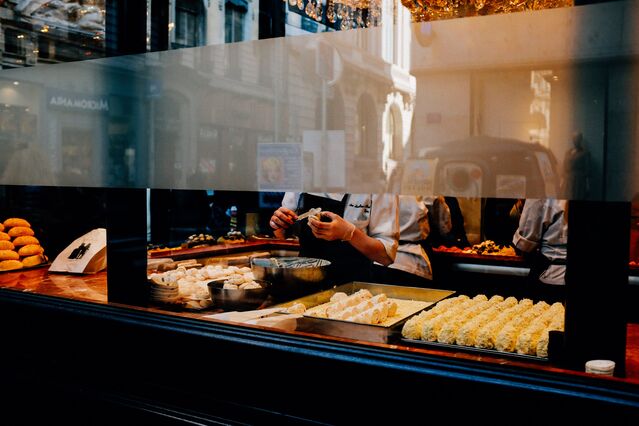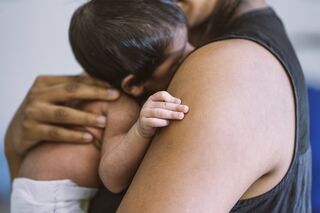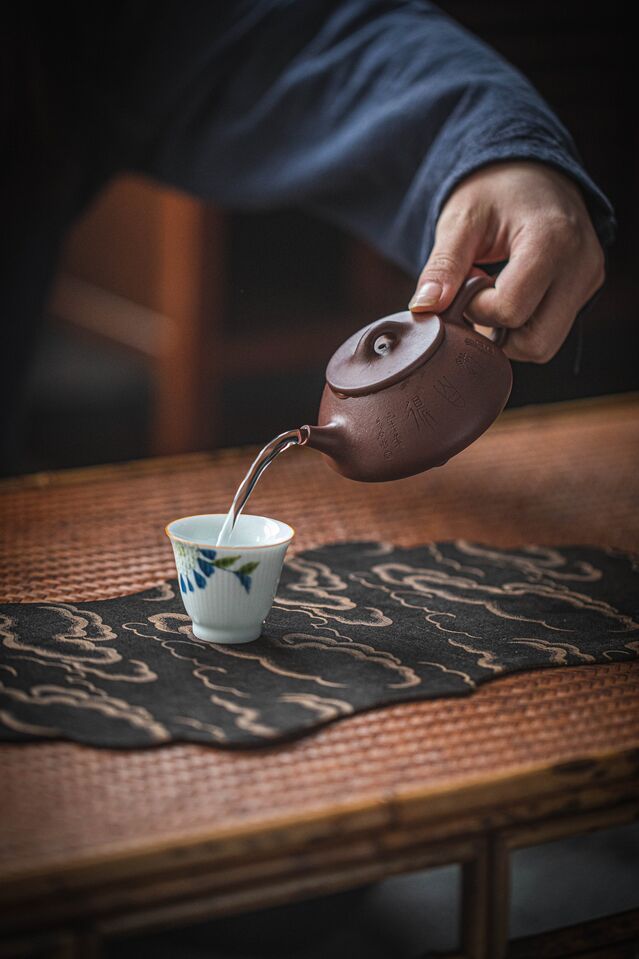
As the coronavirus pandemic continues, many of us are realizing that there is a lot to learn in this time of terrible unrest, loss, and grief.
Loss and grief are key concepts for me and my clients. As Client Jane, who has experienced loss after loss in the last five months, expresses her experience: “It wasn’t supposed to be like this!”
When she first said that to me, I felt impatient: Of course, the world is not supposed to be afflicted with a deadly pandemic. But I came to see that Jane’s losses of expectation were normal, and common, during this time. Leaving a job was supposed to be marked by dinner out with her friends and colleagues. Starting grad school was supposed to be an opportunity to relocate and start a new social life in person, not via Zoom. An internship was supposed to be exciting and engaging, not fraught by fear of contagion and isolation.
Loss of long-anticipated expectation feels arbitrary, cruel, soul-crushing—as I knew very well from the sudden death of my husband, one of my sources of personal knowledge of the processes of grief. Although anxious to be done with the sadness of grief, human brains need time and compassion to adjust to sudden loss.

Client Amy has had to live in lockdown longer than most of us because of her husband’s work in a residential community (like the thousands of people who work in nursing homes and prisons, for example). They have a new baby, and she has been heartbroken to not be able to share the joy of the baby, the challenges of parenting, and her need for emotional and practical support with her parents, who live nearby but out of reach of her lockdown. Her social comparison with other young couples who have had more opportunity to access family support also underscores the isolation she has struggled to withstand. Amy wonders how she will manage, and sometimes even who she is alone with her baby day after day.
Loss of traditional social support and established identity resonates with people who have experienced grief from the death of a loved one: the quietly gaping hole in one’s heart after becoming a widow instead of a spouse, an orphan instead of a son, or some taboo-identity instead of a parent after one’s child dies.
Client Tuan wants to jump out of his skin: Catastrophe licks at his feet in the form of social media discussion of worldwide fascism, and he is increasingly desperate to get out of his current family life, in which he feels “caged.” He is positive that if he could get away to the country, away from his pragmatic wife and four bored daughters, he would be able to settle down and begin the treatise on politics, race, and ethnicity he has wanted to write for years.
Tuan’s charged response to the uncertainty inherent in the pandemic, the election, climate change, financial recession and every other upheaval in the world exemplifies the ways that loss of stability can feed catastrophizing, with all its vigilance, lack of normal perspective, and physical distress. For him, the charge is even more intense because it triggers flashbacks to his childhood experiences of fleeing Vietnam in the 1970s.
Sometimes in session with him, I am aware of my own body flooding with adrenaline as he tells me what he has read most recently on Facebook or Reddit. That feeling of tension and heat, fight or flight, reminds me of the interminable call to the 911 dispatcher, the out-of-body experience of hearing the first responders in the room where my husband lay dead. When I note that sensation, I use mindfulness strategies to draw myself and Tuan back into the present moment, out of past terrors.
The list of symptoms of grief grows every week in my practice. But clients engage effectively with the idea that they are experiencing grief. Jane no longer says that the changes in her current life were not supposed to happen; in the natural oscillation of grief, she is becoming more able to look to the future and be less hooked by past expectations and her disappointments.
Amy is becoming less locked into lockdown, partly as her husband’s work community is cautiously adjusting its policies to focus on masks and hand sanitizer and social distance. She has taken the baby to visit her parents, who agreed to mask and distance; she has begun to walk outdoors with a couple of other young mothers and their babies. By venturing out and seeking connection, she is returning to her identity and regaining confidence, which strengthens her ability to care for herself and her family. She is even able to strategize about how she might maintain the connections she needs if another lockdown occurs.
Tuan has been working on decreasing his intake of social media by setting his phone’s timer. He also has begun taking his daughters to the nearby high school where he coaches each girl in different running skills on the track. “Quyen, the five-year-old, skipped all the way around yesterday!” he told me proudly this week. “I was surprised to see that I could keep up—just barely, because I haven’t skipped since I was five!” He is also teaching the oldest daughter to play a djembe drum, as he noticed that she fidgets. “I think she’s tense,” he said, “and I know it helps me to get a complicated rhythm going.” Tuan is gradually returning to the physical strategies that have helped him cope with high anxiety all his life.
Noting and processing our symptoms related to the pandemic—lost expectations, our (enforced) isolation, increased anxiety as uncertainty persists—help us adjust in the absence of the old “normal.” Cultivating resilience, many of us can return to the strategies that have helped us cope with loss in the past, renew our emotional security, and refamiliarize ourselves with our enduring strengths.





